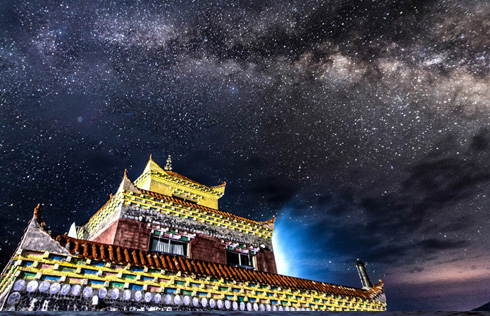A boy comes of age in achingly powerful Moonlight
( Agencies ) Updated: 2016-10-20 09:27:45
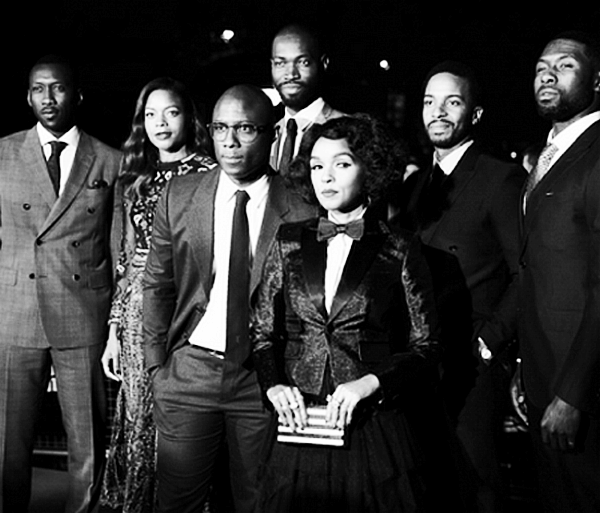 |
|
Cast members pose as they arrive for the gala screening of the film Moonlight, in London on Oct 6. [Photo/Agencies] |
Moonlight is as wistful a film as its title might suggest. Director Barry Jenkins, in only his second feature, has created a singularly powerful and masterfully restrained work of art about a young man's coming of age in South Florida told in three different stages-child, teenager and young adult.
This is no Boyhood, however. There are three actors portraying Chiron, and although it takes a bit of imagination to accept the three as the same person, Moonlight feels somehow even more poignant than that 12-year experiment. That's no small feat, and perhaps that's because of the power of the subject and its exploration of the gayness of an African-American man.
But Jenkins has also accomplished something truly extraordinary in that Moonlight feels as real and raw and vague and specific as a memory. That this all coalesces into a coherent and impactful story is a testament to his singular talent.
Jenkins adapted Moonlight from Tarell Alvin McCraney's play In Moonlight Black Boys Look Blue. The subject, Chiron, played first by the promising newcomer Alex Hibbert, is introduced as a wisp of a boy in a rough, sunny neighborhood. He's being chased by some children when he finds refuge in a blighted apartment. An adult on the streets notices the scene and comes to Chiron's aid, coaxing him out of hiding and back into the world.
Something is not right with this quiet little boy and this man, Juan, and his girlfriend Teresa are generous and well off enough to help. We soon find out that Chiron is indeed from an unstable home. His mother, Paula is fiercely protective of her little boy when she's alert, but she's also a full-blown addict.
Moonlight is not propelled by story so much as atmosphere-a melancholy blend of music, careful imagery and colors and repeating motifs that will linger in your mind long after the credits roll.
It's one of the most exciting character studies in recent memory and one that will endure beyond the politics and impermanence of awards season.
Hopefully it doesn't take Jenkins another eight years to make a film. But we can take comfort in the very strong likelihood that, even if it does, it will be well worth the wait.
|
|
|
|
|
|
|
|



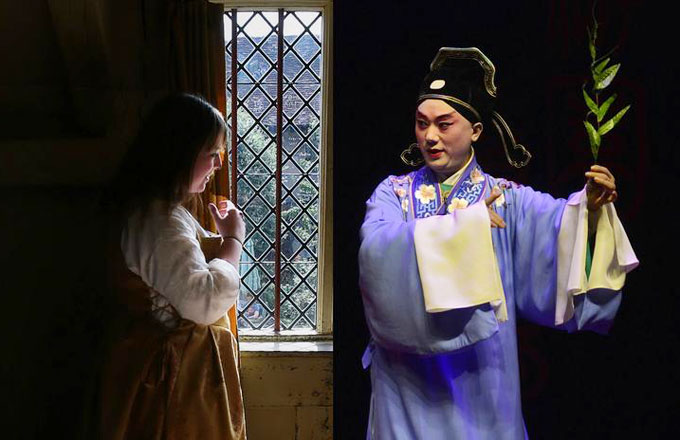



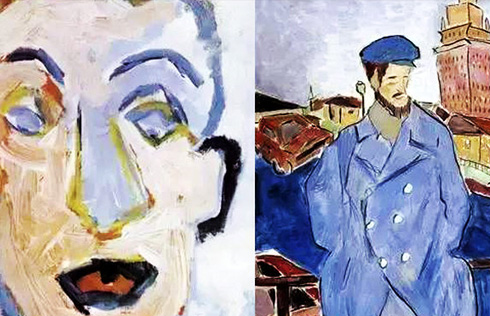

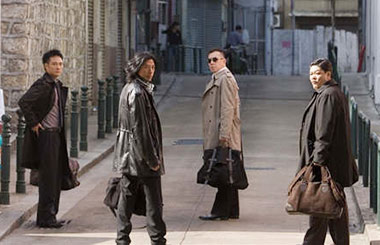













 Raymond Zhou:
Raymond Zhou: Pauline D Loh:
Pauline D Loh: Hot Pot
Hot Pot Eco China
Eco China China Dream
China Dream China Face
China Face


